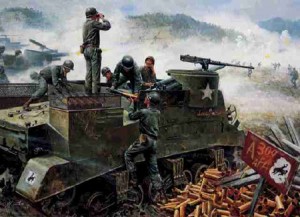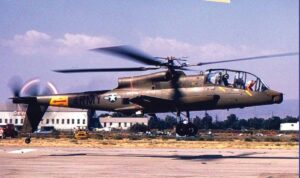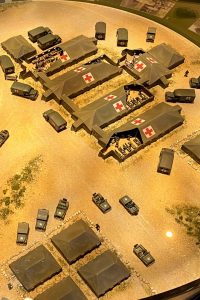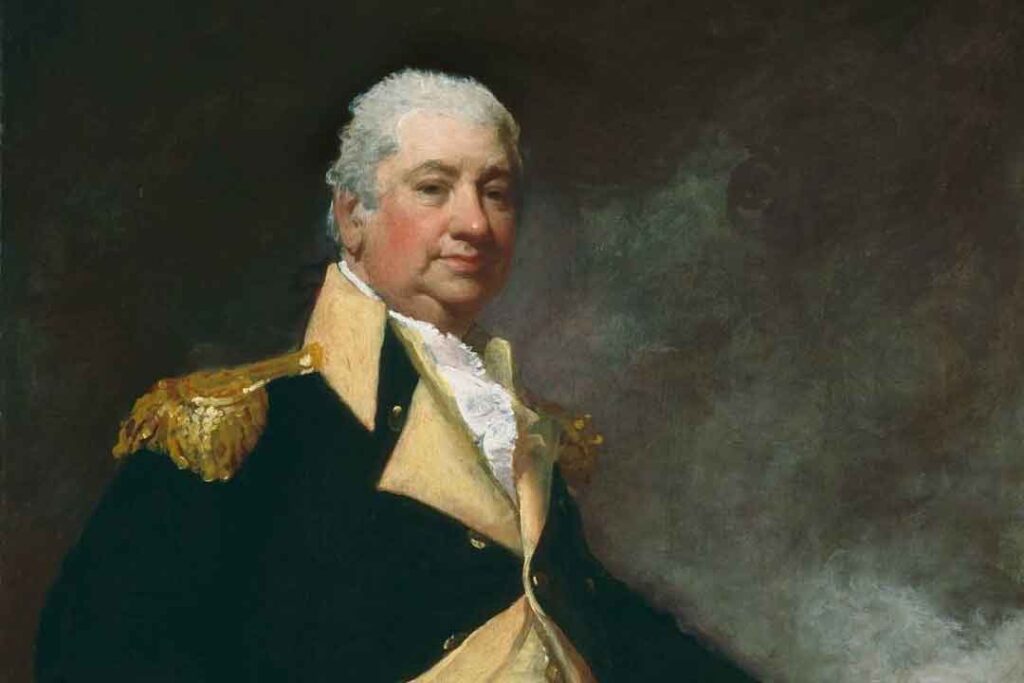
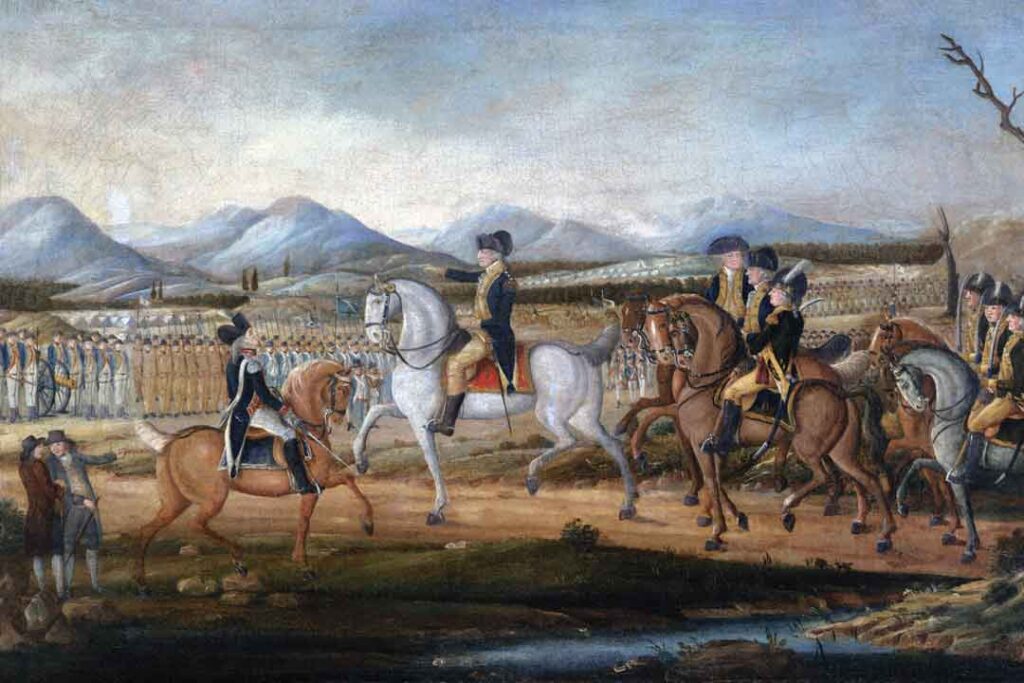
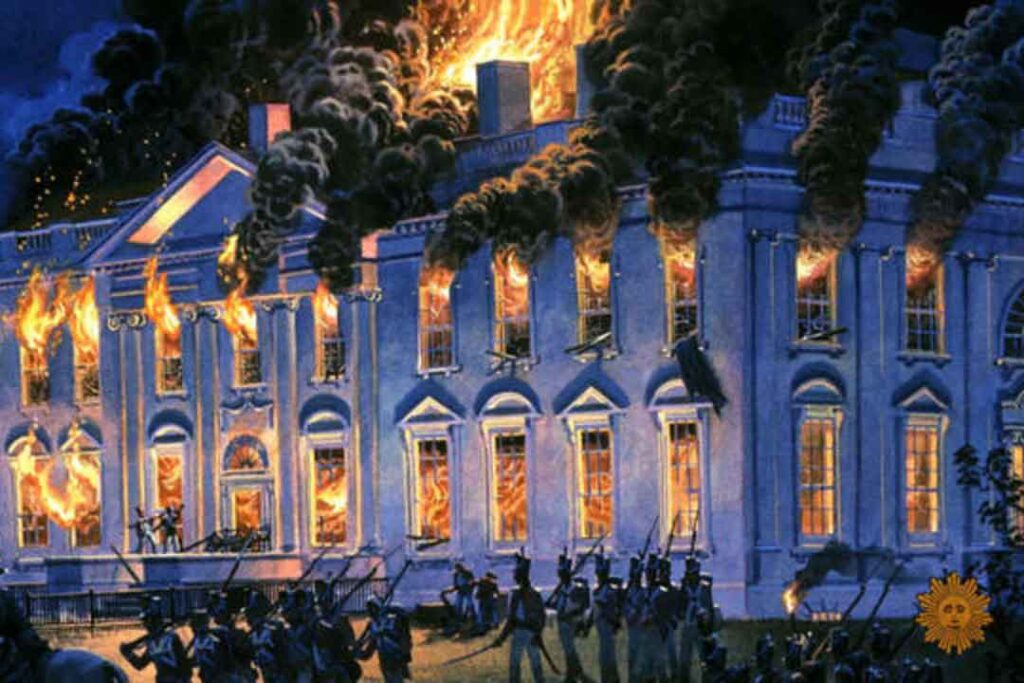
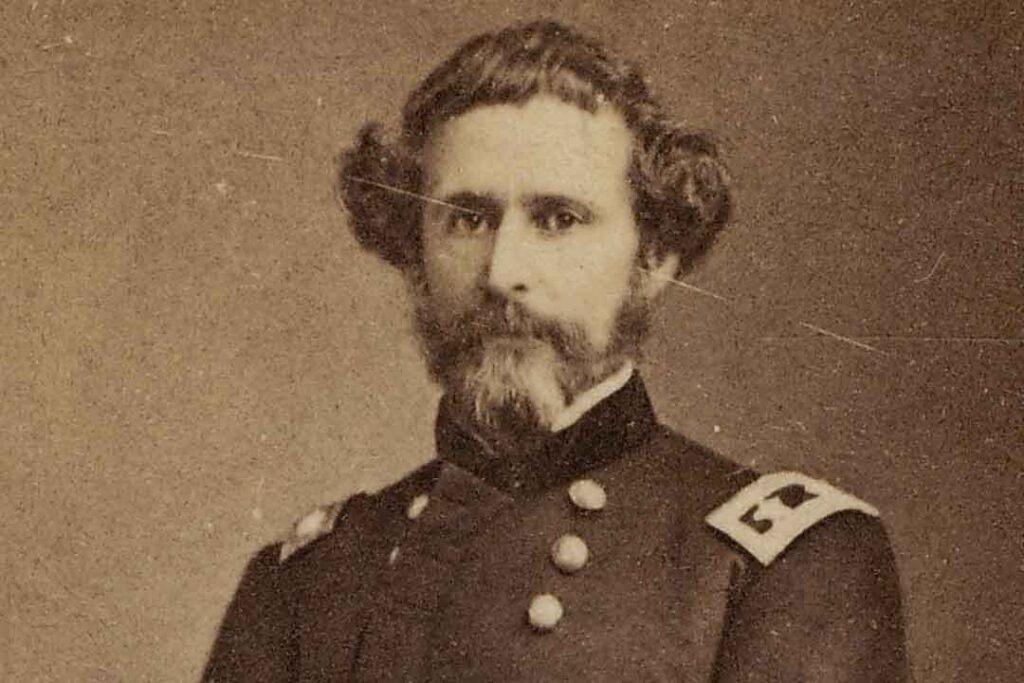
After traveling thousands of miles over the course of fourteen months, Lieutenant John C. Frémont’s expedition returns to St. Louis, Missouri.
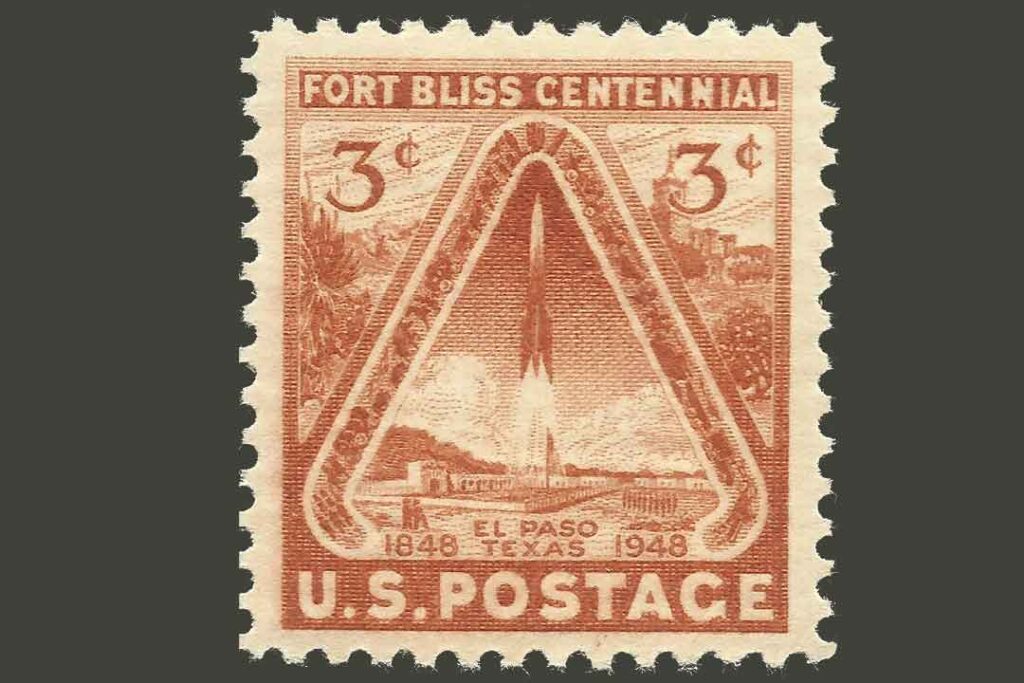
Captain Jefferson Van Horn, 3d Infantry, establishes Fort Bliss near El Paso, Texas, as part of the frontier defense system. The fort is named for Captain William Wallace Smith Bliss, Major General Zachary Taylor’s son-in-law. It remains an active Army post.
The border between the United States and Canada is not clearly defined among the Puget Sound islands. Captain George Pickett is sent with a sixty-eight-man company of the 9th Infantry and a lone cannon to occupy San Juan Island and establish U.S. ownership.
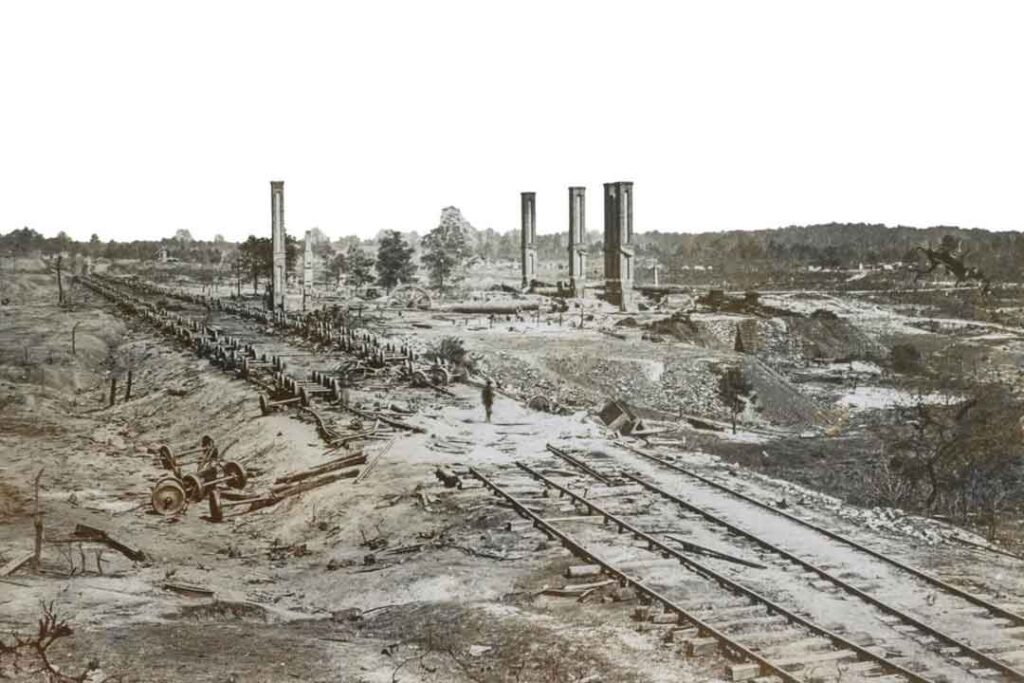
Major General William Tecumseh Sherman leads his XX Corps into Atlanta, Georgia. Confederates destroy the railroad rolling stock and ordnance stores; the ensuing explosions and fires raze much of Atlanta, helped along by Union troops.
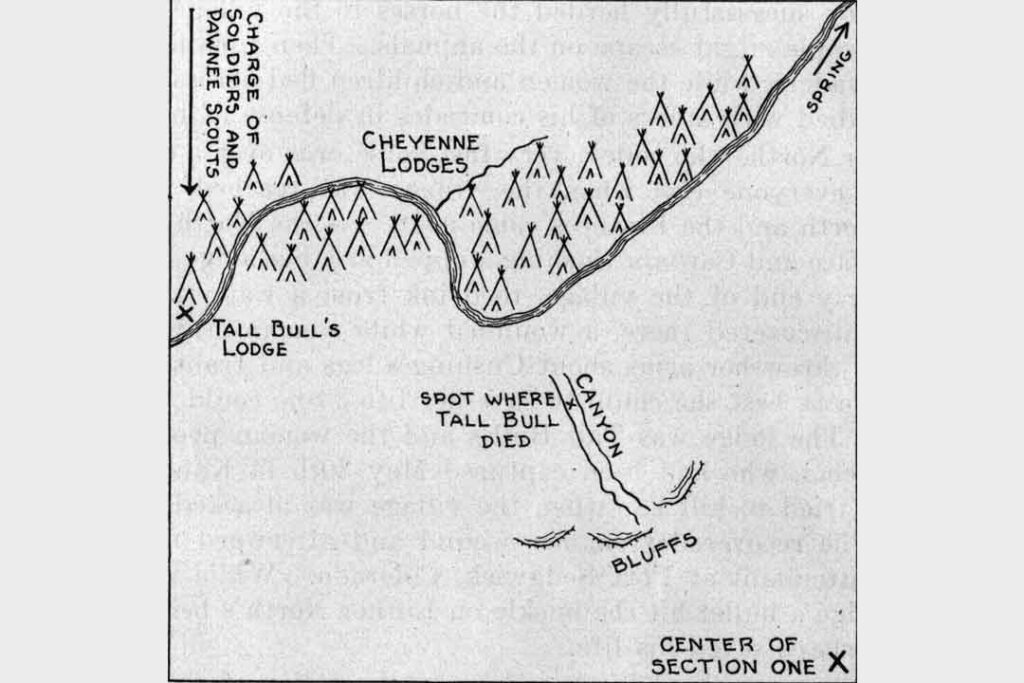
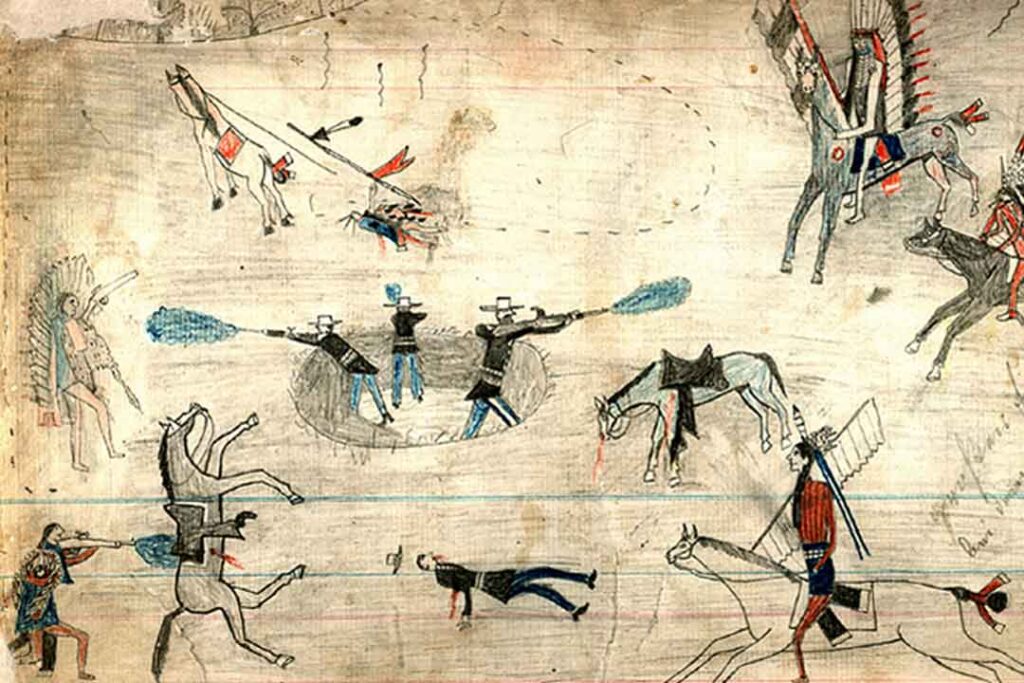
The Red River War begins in Tule Canyon, Texas, as Colonel Nelson A. Miles leads elements of the 5th Infantry and 6th Cavalry in a five-hour running battle in pursuit of a Cheyenne war party, with as many as twenty engagements fought.
Victorio’s Apaches attack a camp of the 9th Cavalry at Ojo Caliente, Arizona Territory, and disappear into Mexico.
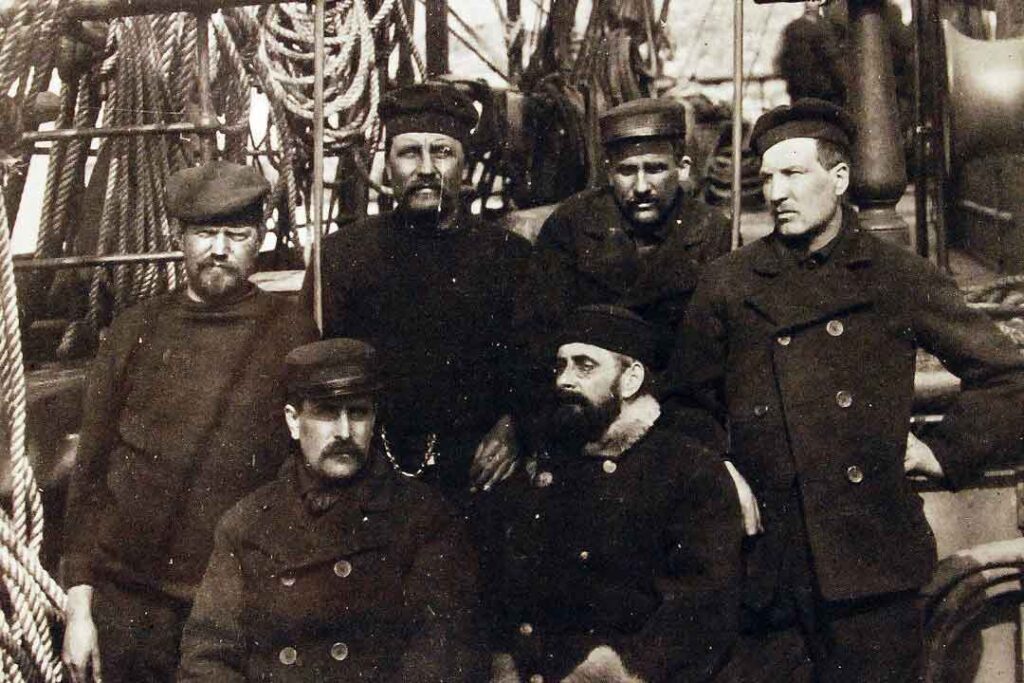
First Lieutenant Adolphus W. Greely and six others of the Greely Expedition are found starving but alive by U.S. Navy ships at Cape Sabine, Alaska Territory.
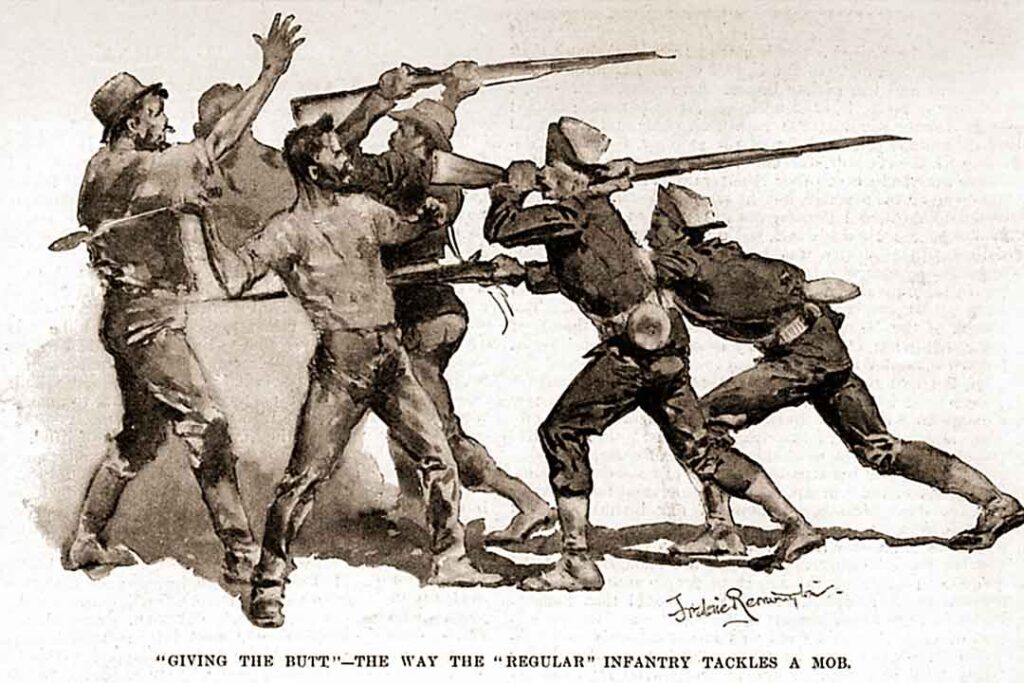
Army troops intervene in the Pullman Strike in Chicago, Illinois, to enforce a court injunction forbidding the American Railway Union from interfering with interstate commerce and delivery of mail. Federal troops withdraw on 20 July.
During fighting at Porac on Luzon Island, Colonel James Franklin Bell, commanding the 36th U.S. Volunteer Infantry, charges Filipino insurgents with his pistol and compels their surrender. He is later awarded the Medal of Honor.
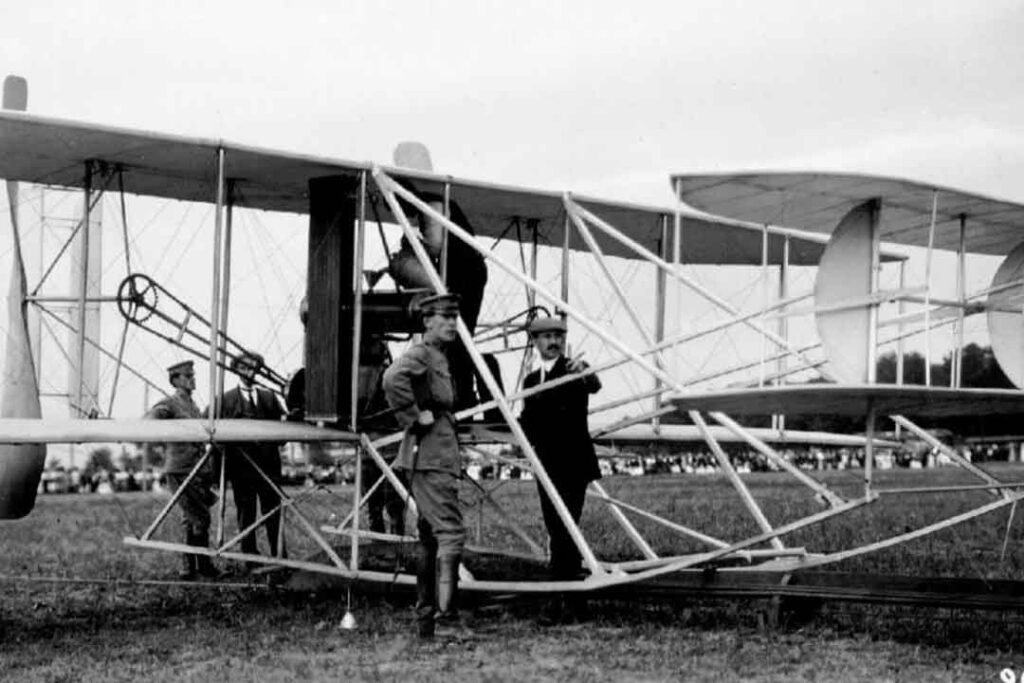
Orville Wright and Lieutenant Frank Lahm establish a world record for a two-man flight, passing a Signal Corps’ endurance test for their new Wright Flyer at Fort Myer, Virginia.
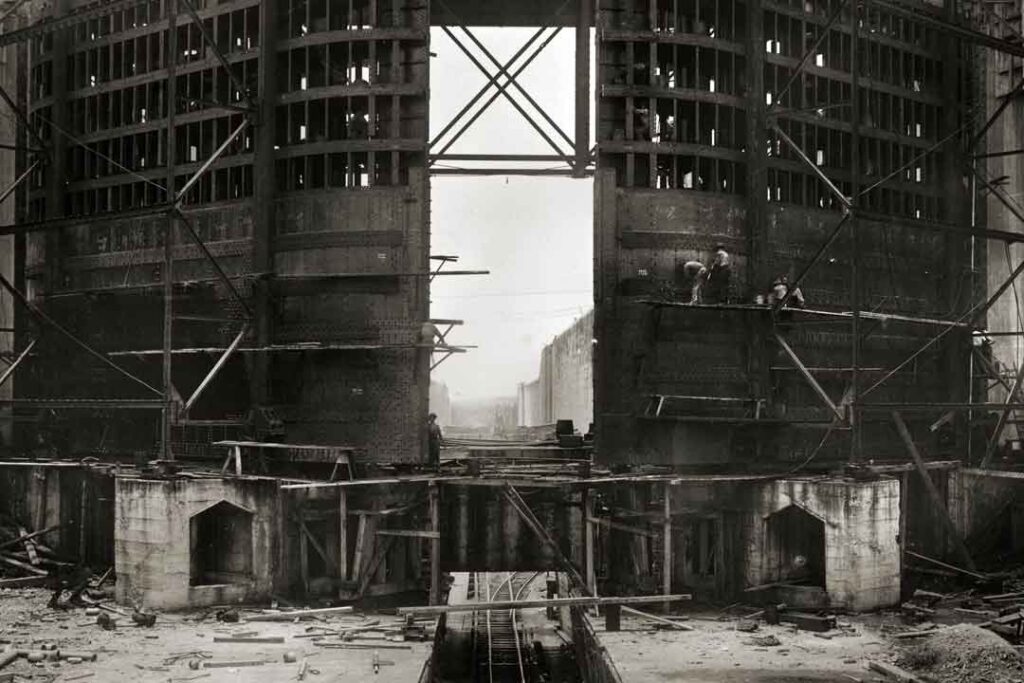
The Corps of Engineers announces the completion of the Panama Canal, six months ahead of schedule and under budget.
The final U.S. Army units in northern Russia, two army transportation companies, embark from Murmansk for Brest, France, ending U.S. military presence in the region.
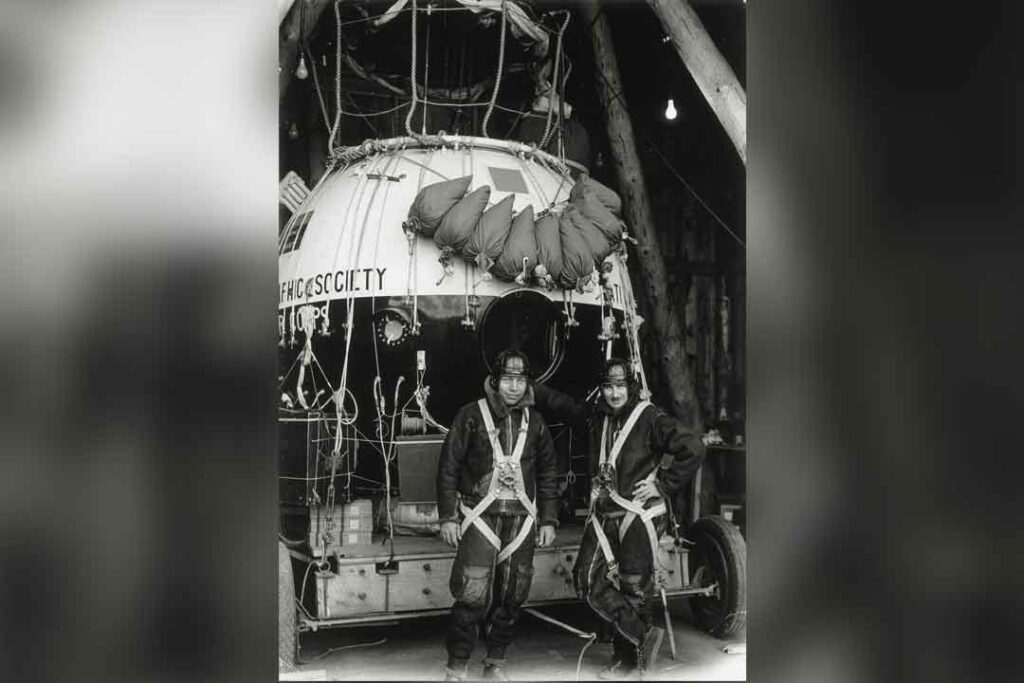
The balloon Explorer sets a new altitude record of 60,613 feet, but during descent the bag tears and an explosion follows. Major William Kepner and Captains Orvil Anderson and Albert Stevens bail out and land by parachute in a Nebraska cornfield
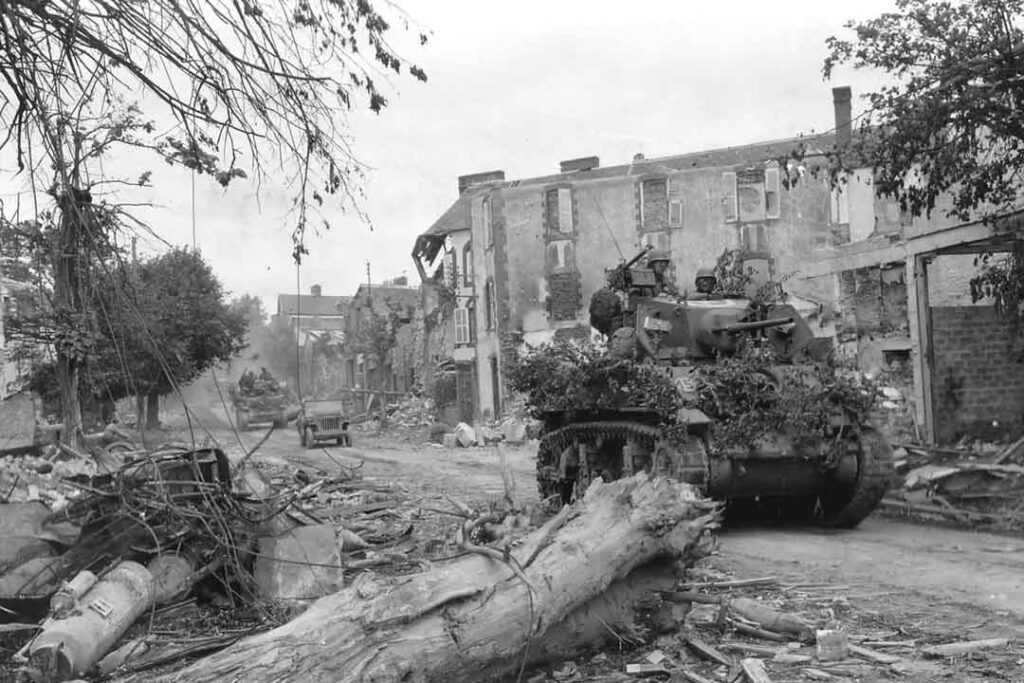
First Army launches Operation COBRA, an effort to break Allied forces out of the Normandy beachhead.
With Merrill’s Marauders all but spent after taking the airstrip at Myitkyina, Burma, the 209th and 236th Engineer Combat Battalions are forced to fight as riflemen against Japanese counterattacks.
The Army’s X Corps begin to depart Korea as occupation of the Korea peninsula ends.
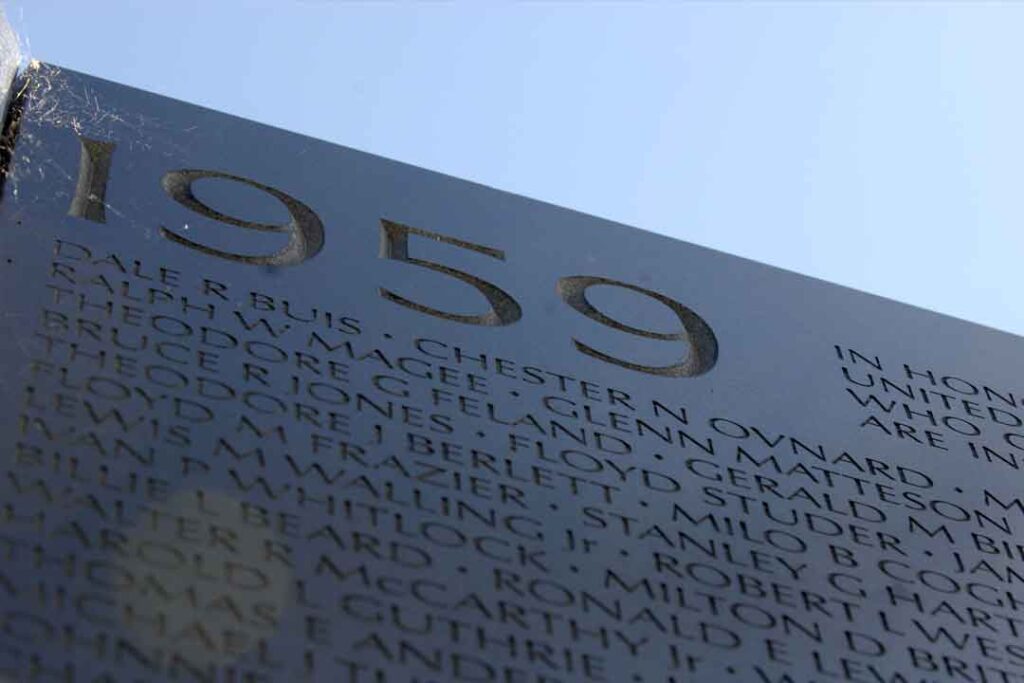
Army advisors Major Dale Buis and Master Sergeant Chester Ovnard are killed by a Viet Cong rocket attack. They are the first American fatalities in Vietnam.
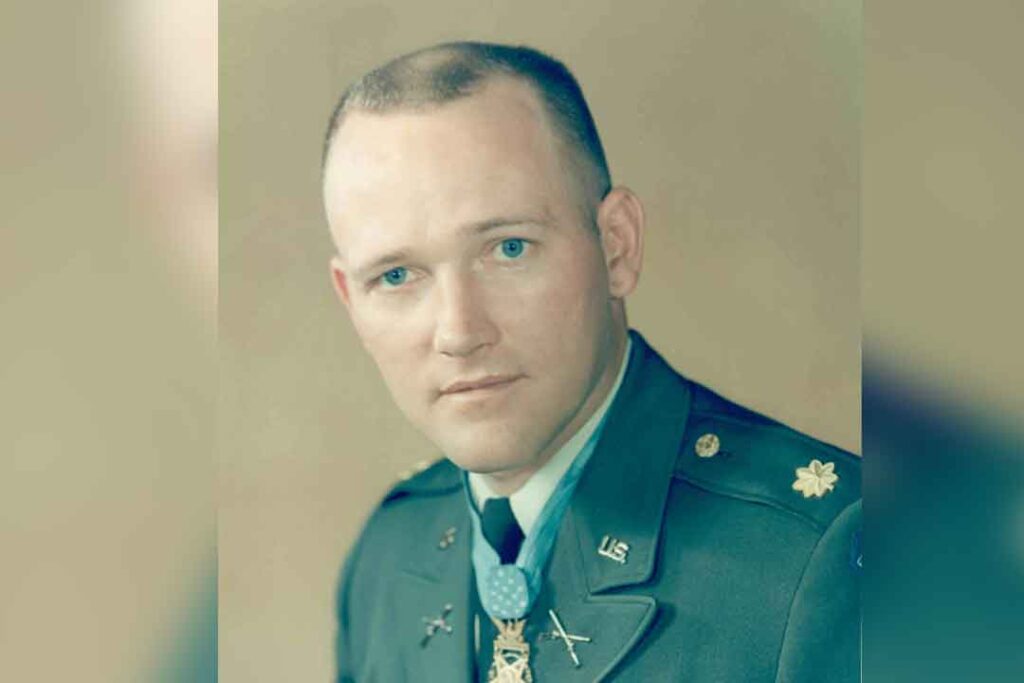
Captain Roger Donlon leads Detachment A-726 and their Vietnamese troops in defending their Central Highlands camp against a Viet Cong battalion. Donlon is awarded the Medal of Honor, the first for the Vietnam War.
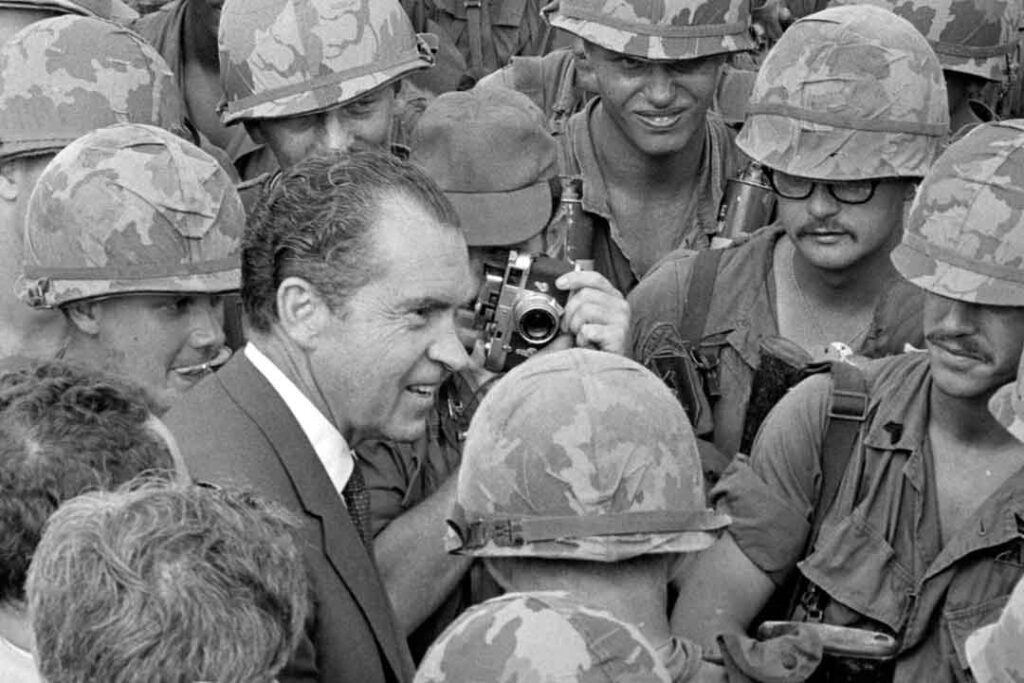
President Richard M. Nixon meets with soldiers of the 1st Infantry Division at their base camp at Di An during his only presidential visit to South Vietnam.
Colonel Hazel W. Johnson-Brown is named Chief, Army Nurse Corps, and promoted to brigadier general. She is the Army’s first female African American general officer.
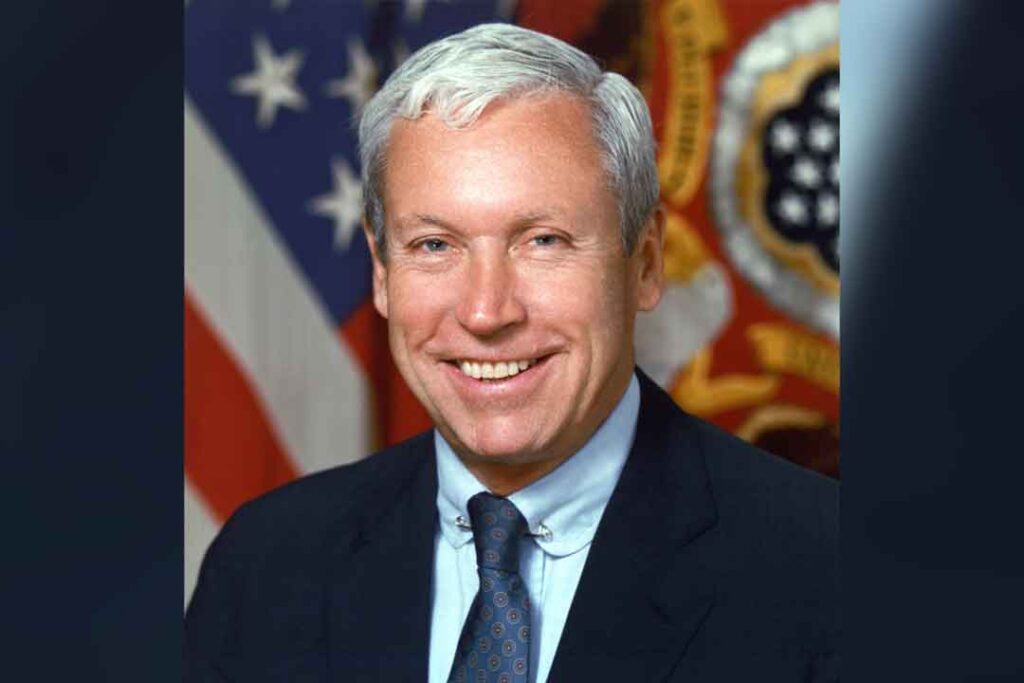
Michael P. W. Stone becomes the fifteenth Secretary of the Army.
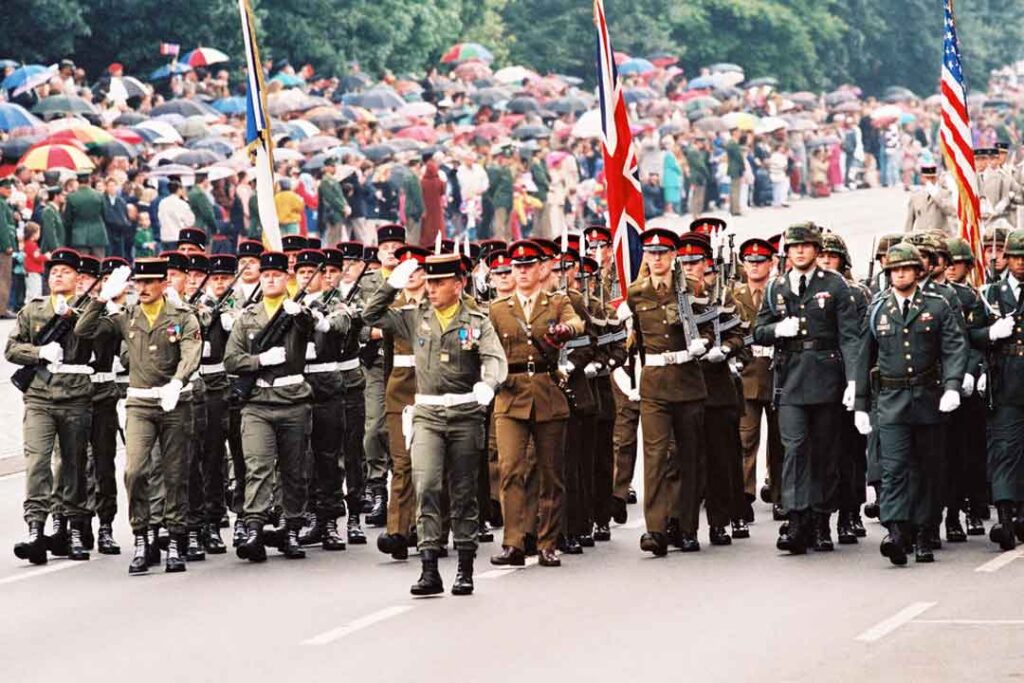
The Berlin Brigade is inactivated, ending an Army presence in Berlin, German, that began in 1945.
U.S. Army South Headquarters moves to Fort Buchanan, Puerto Rico, as Panama assumes control of the Canal Zone at the end of 1999.
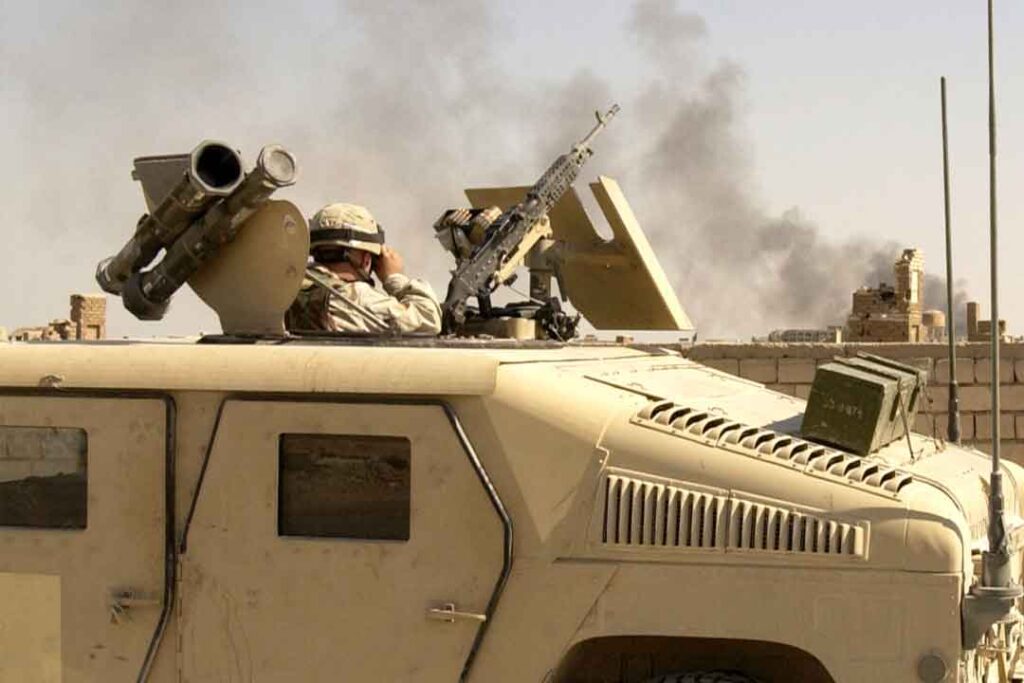
The Mahdi Army withdraws under a negotiated ceasefire from Najaf, Iraq, after three weeks of combat in and around the city with Coalition forces that include the 1st Cavalry Division.
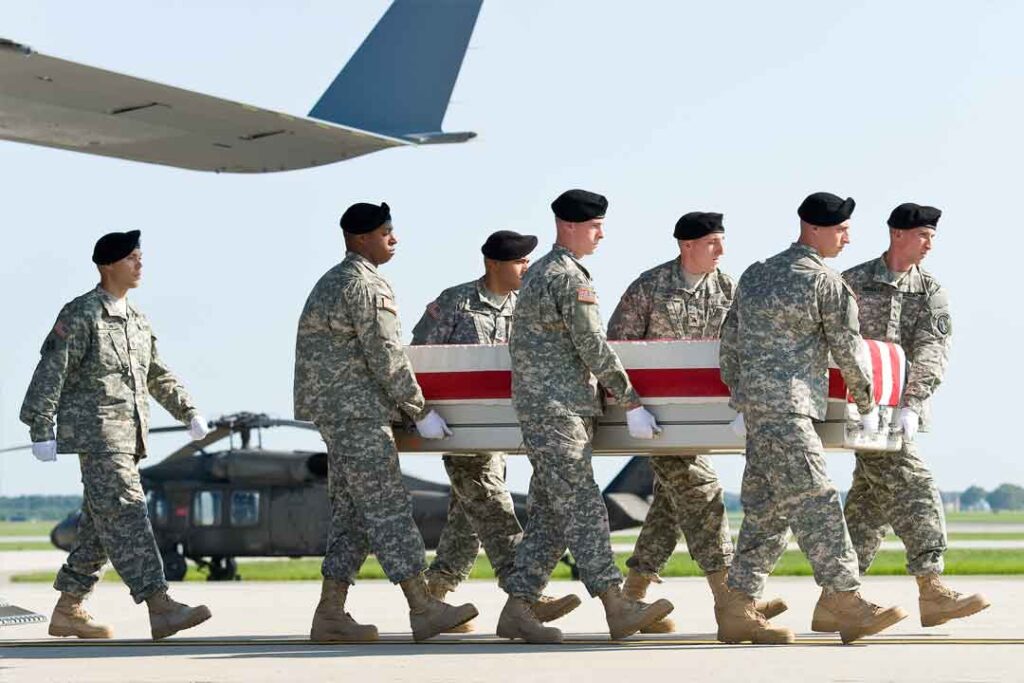
In a fragging incident by an Afghan National Army soldier at Camp Qargha, Afghanistan, Major General Harold J. Greene is killed. He is the highest-ranking soldier to die in Afghanistan. Fourteen other NATO and Afghan personnel are wounded.

NASA astronaut and U.S. Army soldier Andrew Morgan joins Expedition 60 aboard the International Space Station (ISS). He returns to Earth during Expedition 62 on 17 April 2020, with 272 days aboard the ISS.
